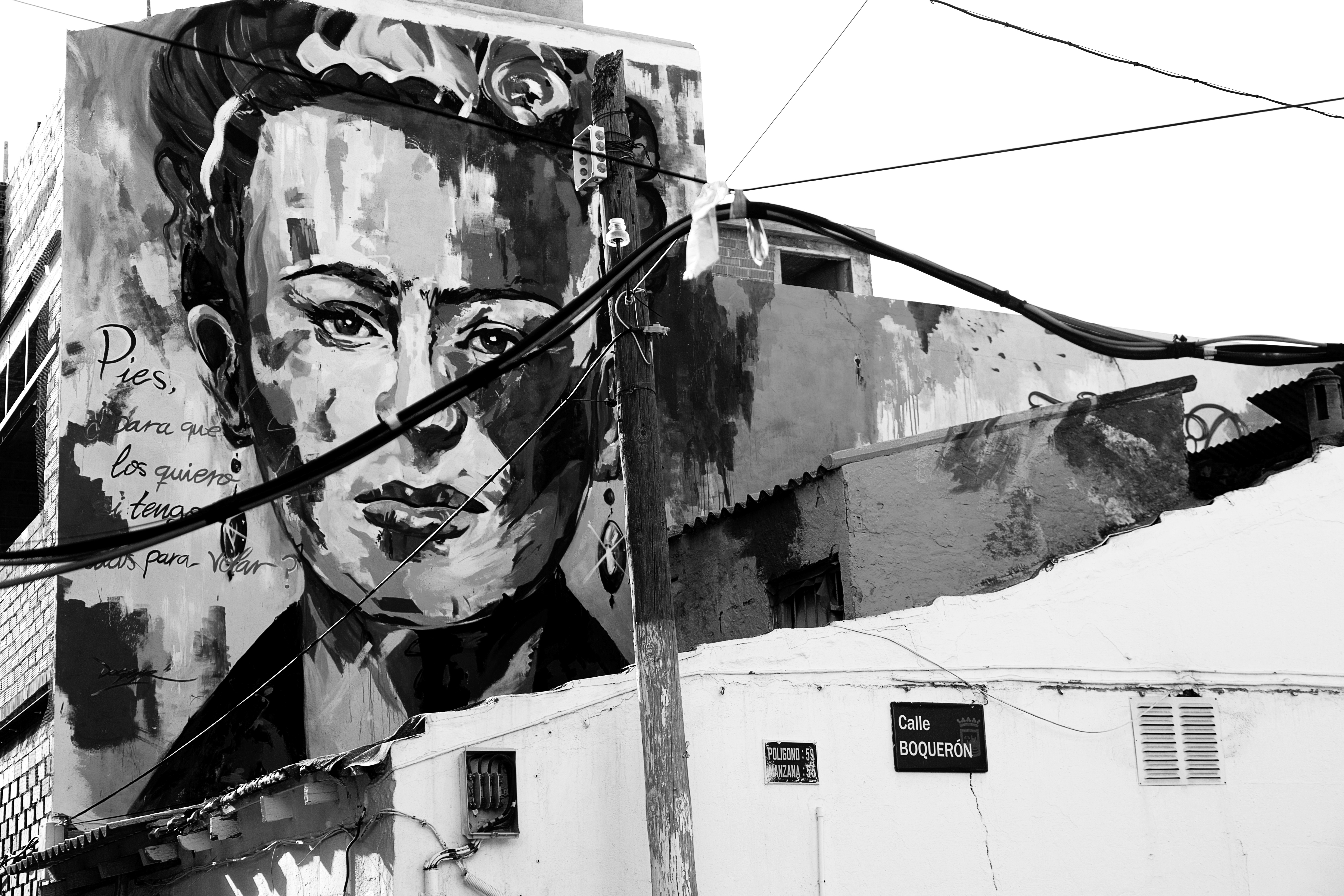
In a recent case, 14/04/2023, R 1730/2022-2, FRIDU/FRIDUCHA et al, the EUIPO Boards of Appeal found that the name of the famous Mexican artist Frida Kahlo could have a conceptual connotation. This resulted in the finding of a likelihood of confusion due to the conceptual similarity between the mark ![]() and a mark consisting of her nickname ‘FRIDU’.
and a mark consisting of her nickname ‘FRIDU’.
Background
In September 2018, Mara Cristina Teresa Romeo Pinedo (the “Applicant”) applied to register the mark ‘FRIDU’ for goods in Classes 16, 25 and 33.
In January 2019, the Frida Kahlo Corporation (the “Opponent”) filed a notice of opposition against all goods applied for, claiming a likelihood of confusion with the following earlier EUTMs:
- ‘FRIDUCHA’ in Classes 16 and 25
 in Classes 16 and 25
in Classes 16 and 25-
 in Classes 16, 25 and 33
in Classes 16, 25 and 33
The Opposition Division held that a likelihood of confusion would arise between ‘FRIDU’ and two of the earlier marks ‘FRIDUCHA’ and ![]() due to visual and phonetic similarities, as well as identical goods in Classes 16 and 25. The Opposition Division did not, however, consider there to be sufficient visual and phonetic similarities between ‘FRIDU’ and
due to visual and phonetic similarities, as well as identical goods in Classes 16 and 25. The Opposition Division did not, however, consider there to be sufficient visual and phonetic similarities between ‘FRIDU’ and ![]() to give rise to a likelihood of confusion, despite identical goods in Class 33. At first instance, none of the marks were deemed to carry any conceptual connotation.
to give rise to a likelihood of confusion, despite identical goods in Class 33. At first instance, none of the marks were deemed to carry any conceptual connotation.
The opposition was partially upheld against Classes 16 and 25 and the application proceeded for Class 33. The Opponent appealed the decision insofar as it rejected the opposition for Class 33.
Boards of Appeal
On appeal, the Opponent re-iterated its argument that there is conceptual identity between the marks as Fridu is a recognised variation of the name Frida Kahlo. In support of this argument, the Opponent submitted additional evidence, including published correspondence written by Frida Kahlo in which she refers to herself as Fridu when signing off. Furthermore, the Opponent noted that the Applicant herself stated in arguments that Frida Kahlo was also known as Frida, Fridu or Friducha.
The Boards of Appeal considered that this additional evidence was admissible because it merely supplemented facts and evidence already submitted at first instance. On review of the evidence before it, the Board held that a significant part of the relevant public would indeed establish a conceptual link between ‘FRIDU’ and as both signs will be perceived as a reference to the same person.
The Boards of Appeal concluded that the conceptual identity between the marks contributed to the overall similarity, giving rise to a likelihood of confusion. The appeal was upheld and the application rejected for Class 33 goods.
Key Take Homes
This case continues a line of EU decisions assessing whether the name of a renowned person can carry a concept (see e.g. Smiley Miley v EUIPO (T-368/20). The present decision is important as it addresses not only the name of a renowned person but the nickname of that person, and the fact that both can carry the same conceptual connotation.
This could have implications in practice, for instance, if a renowned person has a registered trade mark for their name, could protection extend to their nicknames? In this case, the name and nickname were considered to have visual and phonetic similarity and the goods were identical, so it will be interesting to see if a similar conclusion would be drawn if the renowned person’s nickname was dissimilar visually and phonetically from their name. For example, could a trade mark for ‘Diego Maradona’ arguably also protect the nickname to which he was globally known ‘El Pipe de Oro’ (or indeed it’s English translation, the Golden Boy)?
This decision also demonstrates the Boards’ wide discretion to admit further evidence on appeal. Under Article 27(4) EUTMDR, the Boards of Appeal can accept additional evidence provided it supplements relevant facts and evidence already made at first instance and it is ‘relevant for the outcome of the case’. This offers appellants a great opportunity to bolster their initial arguments and evidence, and often determines the outcome of the appeal.
Send us your thoughts:
Would you like to read more articles like this?
Building 1000
Cambridge Research Park
CB25 9PD
Fax. 01223 425258
info@iamstobbs.com
Privacy policy
German office legal notice
Cookie Declaration
Complaints Policy
Copyright © 2022 Stobbs IP
Registered Office: Building 1000, Cambridge Research Park, Cambridge, CB25 9PD.
VAT Number 155 4670 01.
Stobbs (IP) Limited and its directors and employees who are registered UK trade mark attorneys are regulated by IPReg www.ipreg.org.uk

